This article was co-authored by Lisa Bryant, ND and by wikiHow staff writer, Danielle Blinka, MA, MPA. Dr. Lisa Bryant is Licensed Naturopathic Physician and natural medicine expert based in Portland, Oregon. She earned a Doctorate of Naturopathic Medicine from the National College of Natural Medicine in Portland, Oregon and completed her residency in Naturopathic Family Medicine there in 2014.
There are 10 references cited in this article, which can be found at the bottom of the page.
This article has been viewed 20,415 times.
Dry eyes can cause a lot of discomfort, so you likely want relief fast. You may be able to moisten your eyes using home treatments, particularly castor oil eye drops. Additionally, lifestyle and dietary changes may help treat your dry eyes. If eye inflammation is causing your dry eyes, wash your eyelids to help reduce the inflammation and unclog your tear ducts. However, talk to your doctor before you use natural treatments and if your symptoms don’t improve.
Steps
Using Home Treatments
-
1Apply a warm compress to your eyes for 10 minutes to relieve dry eyes. A warm compress can help with the discomfort caused by dry eyes and may help stimulate tear production. To make a warm compress, soak a washcloth in warm water and wring out the excess. Then, close your eyes and drape the compress over them. Relax for 10 minutes as the warmth from the compress soothes your eyes.[1]
- Repeat up to 3 times a day as needed to relieve dry eyes.
- Don’t use hot water because you could burn your eyes.
Tip: Resting your eyes may also help with dry eyes, so relaxing with a warm compress may help you feel better.
-
2Choose eye drops meant for dry eyes. Use eye drops up to 4 times a day or as directed by your doctor. To apply them, tilt your head back and squeeze 1-2 drops into your eyes. Blink to distribute the eye drops across your eye.[2]
- Read and follow the directions on your eye drops. Don’t use more eye drops than directed on the label.
- You could also try castor oil eye drops if regular eye drops don’t help. These are also available over-the-counter and you use them the same way as normal eye drops.
Tip: Pick a formula that doesn’t contain preservatives. While preservatives increase the shelf-life of your eye drops, they may also cause irritation and more dryness. Check the label to make sure your product is preservative-free.
Advertisement -
3Skip redness reducing drops because they dry out your eyes. Unfortunately, eye drops that reduce redness can increase dryness and worsen your condition. Don’t use these types of drops in your eyes. Instead, talk to your doctor if you’re concerned about eye redness.[3]
Making Lifestyle Changes for Dry Eyes
-
1Blink often when reading or staring at a computer screen. When you’re staring at something, you blink less often, which causes dry eyes. Increasing how often you blink may help distribute your oily tears better so that your eyes are less dry. Be mindful of how often you’re blinking so that you’re able to do it more often.[4]
- Try setting a reminder every 30 minutes to an hour to help you remember to be more mindful about blinking.
- Take breaks from looking at screens and focusing on things close up, such as while reading. Look off at something in the distance for a few minutes every hour to help relax your eyes.
-
2Sleep 7-9 hours a night to ensure your body can make enough tears. Being tired contributes to dry eyes in 2 ways. Lack of sleep may reduce how many tears your body produces, and tired eyes are more likely to feel dry and itchy. Fortunately, getting more shut-eye can help you find relief. Go to bed and get up at the same time each day to ensure you get at least 7-9 hours of sleep each night.[5]
- Follow a sleep routine before bed to help you wind down. For instance, you might take a shower, put on pajamas, and read a chapter of a book.
- Turn off all screens at least an hour before bed because the blue light that they emit can make it hard for you to fall asleep.
-
3Wear sunglasses on windy days to prevent your eyes from drying out. Wind is a common environmental cause of dry eyes. Fortunately, it’s easy to protect your eyes from it. Cover your eyes with sunglasses so the wind is less likely to dry them out. This may help relieve your dry eye symptoms.[6]
- Make sure the sunglasses are big enough to cover your entire eye area. An oversized pair or wrap-around pair will work best.
-
4Use a humidifier in your home and work space to moisten the air. Dry air is a common cause of dry eyes, but increasing the humidity can help. Use a warm or cool-mist humidifier at home and work to help relieve your dry eyes. Fill the humidifier with plain water and run it as needed to soothe your eyes.[7]
Warning: Don’t add medications or essential oils to the humidifier. In some cases, these products may worsen your symptoms by triggering allergies.
-
5Massage gently over your closed eyelids to stimulate tear production. Your eyes may be dry because you aren’t making enough tears. To help increase tear production, close your eyes and give your eyelids a gentle massage with the pads of your fingers. Starting in the outer corner of your eye, lightly touch your eyelids and make slow, circular motions as you work your way to the inner corner of your eye.[8]
- This massage won’t make you start crying, but it should help your eyes produce more lubricating tears.
-
6Stop smoking because it can dry out your eyes. Smoking contains chemicals that can contribute to dry eyes, and the smoke itself may dry out your eyes. Quitting can be really hard, so talk to your doctor about using quitting aids. Additionally, recruit an accountability partner or join a support group to help you stay on track.[9]
- Your doctor might offer you quitting aids like gum, patches, lozenges, or a prescription medication.
-
7Avoid using mascara or eye makeup while your eyes are irritated. Eye makeup can increase irritation, so you may want to skip it until your eye dryness has resolved. If you don’t want to stop wearing eye makeup, try switching to an organic brand of eye makeup and always wash your eye makeup off completely at the end of the day.
Relieving Dry Eyes with Dietary Changes
-
1Drink 8 to 10 cups (1.9 to 2.4 L) of fluid daily to stay hydrated. If you’re dehydrated, your eyes can’t produce enough tears to keep your eyes lubricated, which causes dry eyes. Keep your body hydrated by drinking at least 8 to 10 cups (1.9 to 2.4 L) of fluids daily. Carry a water bottle with you so you can sip on it throughout the day. Additionally, eat moisture-rich foods like fruits and soup.[10]
- Track your fluid consumption to make sure you’re drinking enough.
-
2Increase your intake of Omega-3 fatty acids to help tear production. Omega-3 fatty acids may help relieve dry eyes, but there’s no proof that they’ll work for you. Since Omega-3s are an essential component of a healthy diet, there’s no harm in trying them. Eat 2-3 servings of salmon, sardines, or flaxseeds weekly to meet your needs. Alternatively, take a supplement if your doctor says it’s okay.[11]
- Talk to your doctor before taking any supplements. They can help you decide if a supplement is right for you and can recommend the best option for you.
-
3Sip on 1 to 2 cups (240 to 470 mL) of coffee daily to help relieve dryness. Coffee may help relieve dry eye symptoms if you drink it daily. However, consuming too much caffeine may also make you dehydrated, so stick to 1 to 2 cups (240 to 470 mL) daily.[12]
- If you don’t want to consume caffeine, choose decaf coffee instead.
Tip: Keep in mind that coffee may not help treat your dry eyes. While there’s some evidence that it helps, coffee is not a cure for dry eyes.
-
4Cut back on alcohol because it dries out your eyes. Alcohol is very dehydrating, so it may decrease your tear production. If you drink regularly, it may contribute to dry eyes. Limit how often you consume alcohol to help your eyes recover and prevent future episodes of dry eyes.[13]
- Talk to your doctor about how much alcohol is okay for you to drink. General advice is for women to drink up to 1 serving of alcohol a day and for men to drink up to 2 servings of alcohol a day.
Washing Your Eyelids to Treat Inflammation
-
1Wet a washcloth with warm water. Hold a clean washcloth under running warm water. Then, squeeze out the excess water so that the washcloth is just damp.[14]
- Don’t use hot water because you may accidentally burn yourself.
-
2Drape the washcloth across your closed eyes for 5 minutes. Fold the washcloth, then close your eyes. Set a timer, lay the washcloth over your eyes, and rest for 5 minutes.[15]
- The warmth from the washcloth will loosen any debris around your eyes and help unclog your tear ducts.
-
3Rub the area around your lashlines with the washcloth. Gently wipe around your eye to clean it. Pay special attention to your eyelids and areas were debris is present.[16]
- You don’t need to get a new washcloth.
-
4Massage mild, fragrance-free soap into closed eyelids. Apply a dab of mild soap or tear-free baby shampoo to your fingertips. Close your eyes and gently rub the soap over your eyelids, using circular motions. Be careful that you don’t get the soap into your eyes.[17]
- If you press too hard, you might force the soap down into your eye. Keep your touch light and gentle.
-
5Rinse your eyes thoroughly and pat them dry with a clean towel. Use your hands to splash lukewarm water over your eyes. Continue to rinse your eyes thoroughly to remove all of the suds. Then, dab your eyes dry with a clean towel.[18]
Tip: Make sure you use a clean towel so you don’t accidentally introduce bacteria to your eyes.
-
6Repeat once a day or as directed by your doctor. Talk to your doctor to find out how often you need to wash your eyes. Typically, washing your eyelids daily will help treat eye inflammation and prevent future recurrences. However, you may not need to wash them as often once your eye inflammation goes away.[19]
When to Seek Medical Care
-
1Visit your doctor to find out what’s causing your dry eyes. There are many different causes of dry eyes, and the best treatment for you will depend on the underlying cause of your condition. See your doctor to get a proper diagnosis and discuss your treatment options. Tell your doctor that you want to focus on natural treatments.[20]
- For instance, your eyes might be dry because of inadequate tears or poor quality tears. Natural treatments may help these underlying causes.
- Medical conditions like rheumatoid arthritis, diabetes, and thyroid problems may also cause dry eyes. You might not get relief unless you treat these underlying conditions.
Tip: Medications like antihistamines, decongestants, antidepressants, and blood pressure medications can cause dry eyes. Your doctor may adjust your dose or try an alternative medication if you are unable to get relief from other means.
-
2Ask your doctor before using natural treatments and supplements. While natural treatments and supplements are generally safe, they aren’t right for everyone. Talk to your doctor before you use them to find out if they’re a good fit for you. Additionally, discuss dosage recommendations with your doctor to help you use supplements safely.[21]
- Tell your doctor if you’re hoping to use supplements or castor oil eye drops to treat dry eyes.
-
3Discuss other treatments with your doctor if your symptoms don’t improve. While natural treatments, lifestyle changes, and dietary additions may relieve your dry eye symptoms, it’s possible that your condition will persist. If you continue to experience dry eyes, talk to your doctor to find out about other treatment options that might work for you.[22]
- You may need to treat an underlying medical condition. Additionally, your doctor might prescribe eye drops to help relieve your symptoms.
References
- ↑ https://www.health.harvard.edu/blog/the-fix-for-dry-eyes-2017021011090
- ↑ https://www.aao.org/eye-health/treatments/lubricating-eye-drops
- ↑ https://www.mayoclinic.org/diseases-conditions/dry-eyes/diagnosis-treatment/drc-20371869
- ↑ https://www.aoa.org/patients-and-public/eye-and-vision-problems/glossary-of-eye-and-vision-conditions/dry-eye
- ↑ https://sleepeducation.org/lack-sleep-affects-eyesight/
- ↑ https://www.bouldermedicalcenter.com/winter-eye-blues-protect-your-eyes-this-winter/
- ↑ https://www.aoa.org/patients-and-public/eye-and-vision-problems/glossary-of-eye-and-vision-conditions/dry-eye
- ↑ https://www.health.harvard.edu/blog/the-fix-for-dry-eyes-2017021011090
- ↑ https://www.goodeyes.com/blog/home-remedies-dry-eyes/
- ↑ https://www.completeeyecare.net/featured-articles/how-does-hydration-affect-my-eyes/
- ↑ https://www.aoa.org/patients-and-public/eye-and-vision-problems/glossary-of-eye-and-vision-conditions/dry-eye
- ↑ https://www.health.harvard.edu/blog/the-fix-for-dry-eyes-2017021011090
- ↑ https://www.goodeyes.com/blog/home-remedies-dry-eyes/
- ↑ https://www.optometrists.org/general-practice-optometry/guide-to-eye-conditions/dry-eye/natural-remedies-for-dry-eyes/can-warm-compresses-help-dry-eyes/
- ↑ https://www.optometrists.org/general-practice-optometry/guide-to-eye-conditions/dry-eye/natural-remedies-for-dry-eyes/can-warm-compresses-help-dry-eyes/
- ↑ https://myhealth.alberta.ca/Health/aftercareinformation/pages/conditions.aspx?hwid=uh3303
- ↑ https://www.mayoclinic.org/diseases-conditions/dry-eyes/diagnosis-treatment/drc-20371869
- ↑ https://www.mayoclinic.org/diseases-conditions/dry-eyes/diagnosis-treatment/drc-20371869
- ↑ https://myhealth.alberta.ca/Health/aftercareinformation/pages/conditions.aspx?hwid=uh3303
- ↑ https://www.aoa.org/patients-and-public/eye-and-vision-problems/glossary-of-eye-and-vision-conditions/dry-eye
- ↑ https://www.mayoclinic.org/diseases-conditions/dry-eyes/diagnosis-treatment/drc-20371869
- ↑ https://www.mayoclinic.org/diseases-conditions/dry-eyes/diagnosis-treatment/drc-20371869
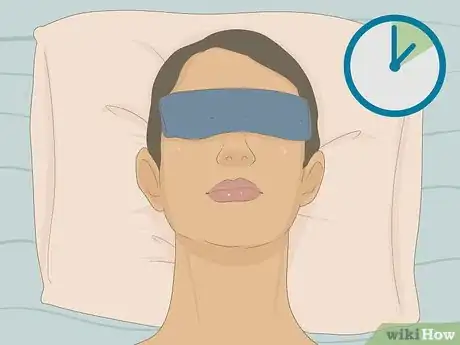
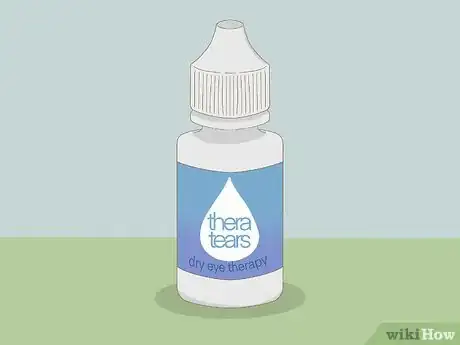
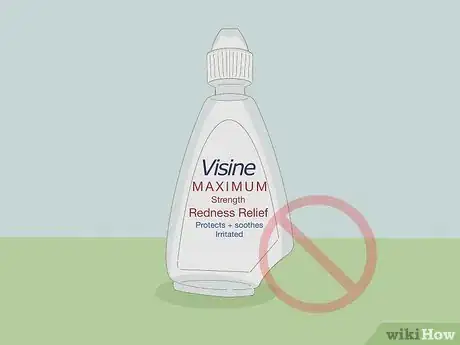
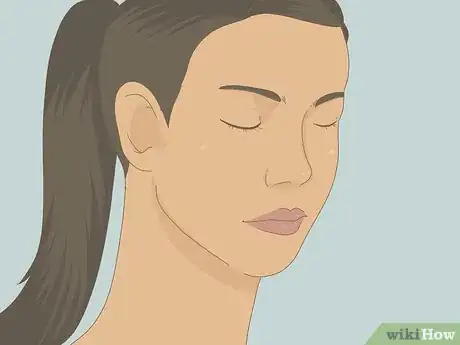
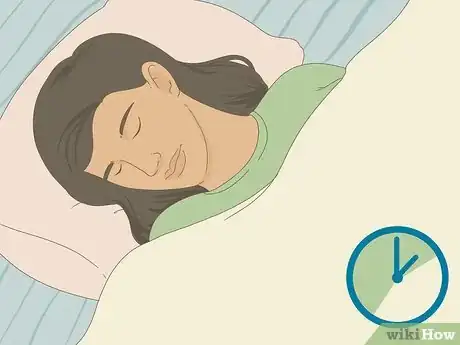

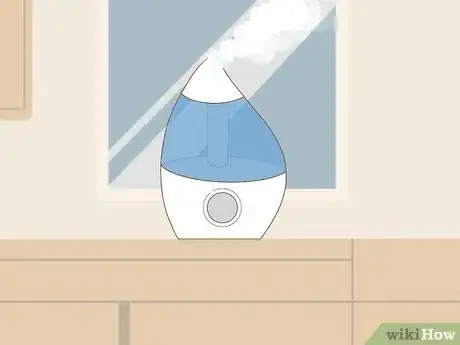
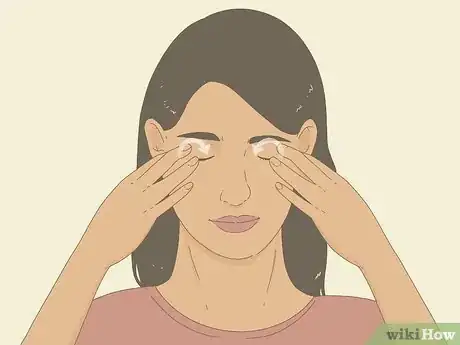

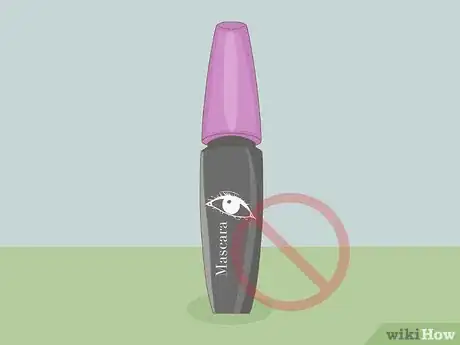
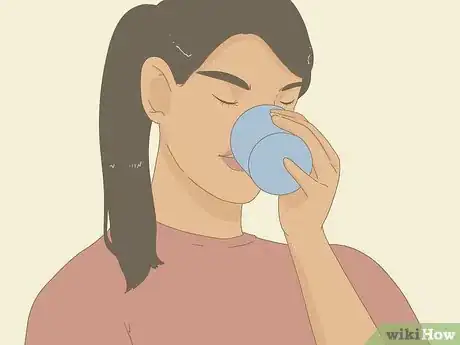
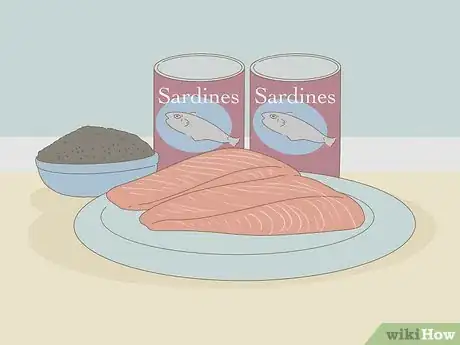
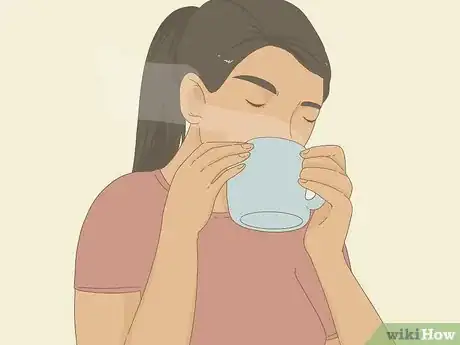
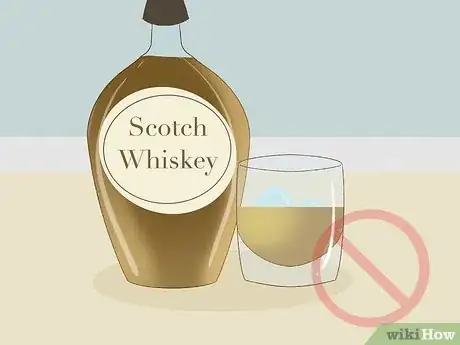
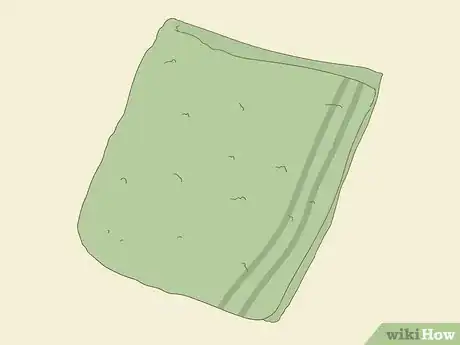
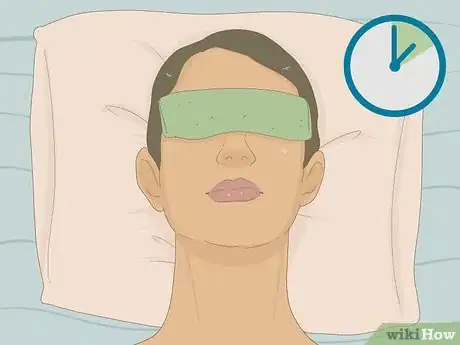
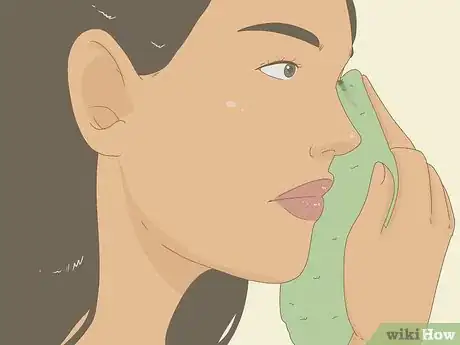
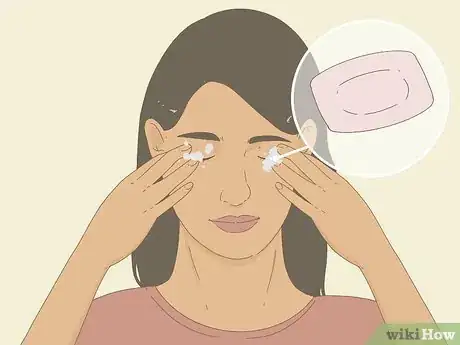
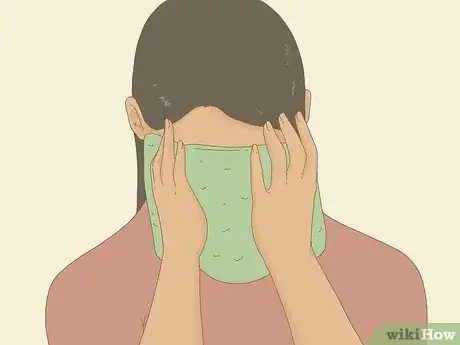
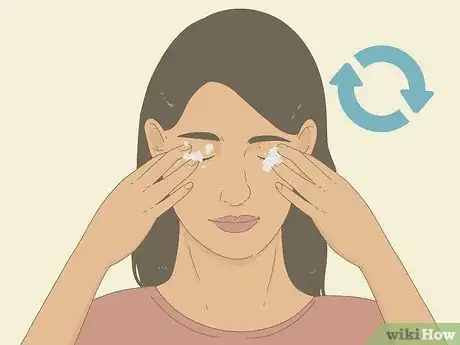
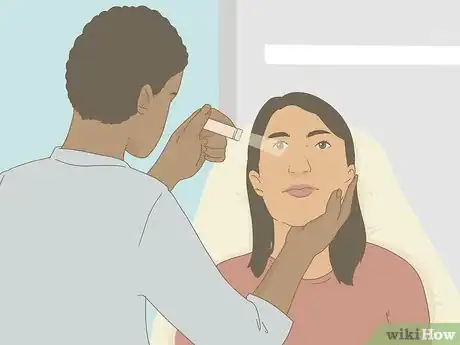
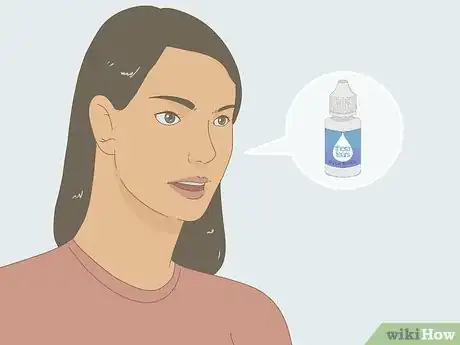

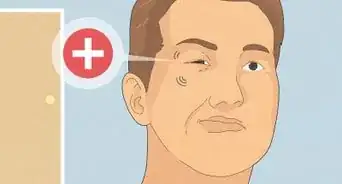
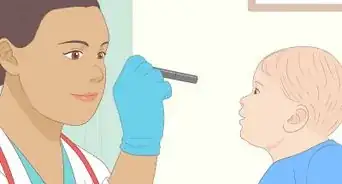
-Step-3-Version-2.webp)


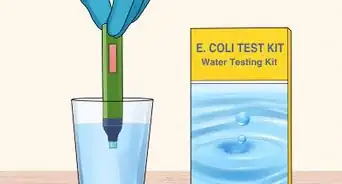

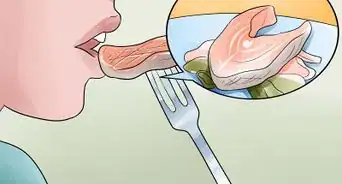

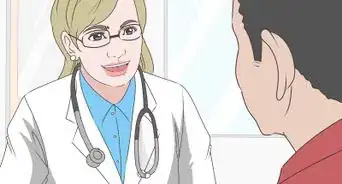
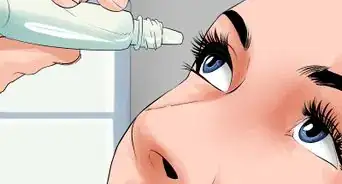








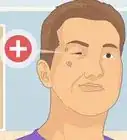
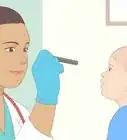
-Step-3-Version-2.webp)



































Medical Disclaimer
The content of this article is not intended to be a substitute for professional medical advice, examination, diagnosis, or treatment. You should always contact your doctor or other qualified healthcare professional before starting, changing, or stopping any kind of health treatment.
Read More...